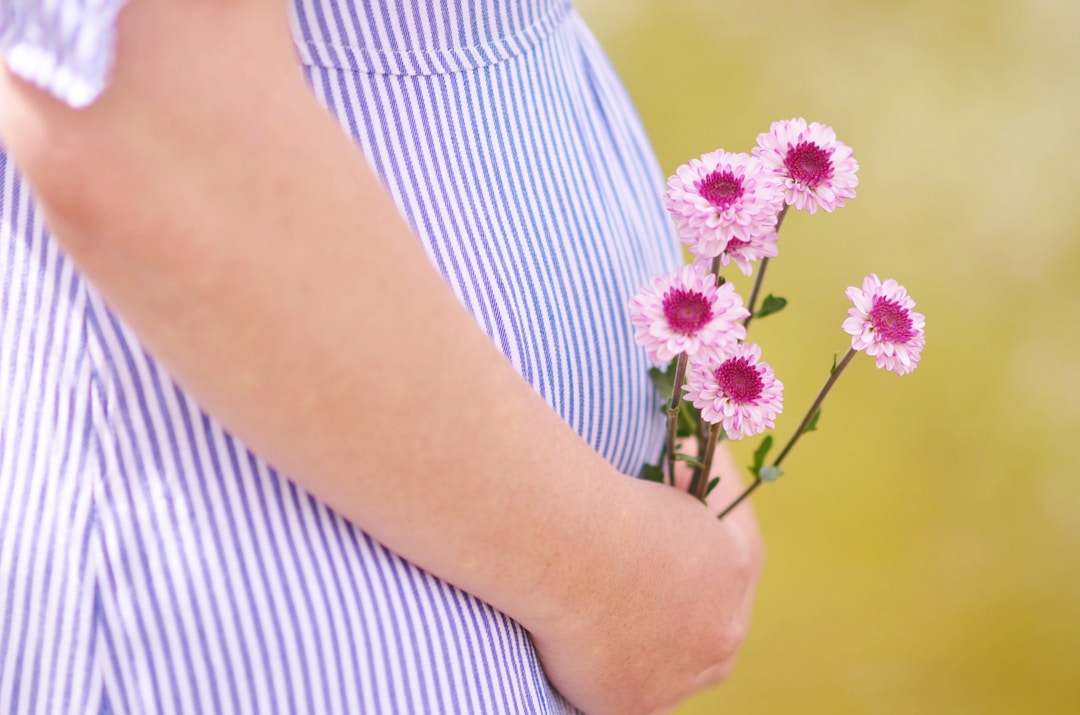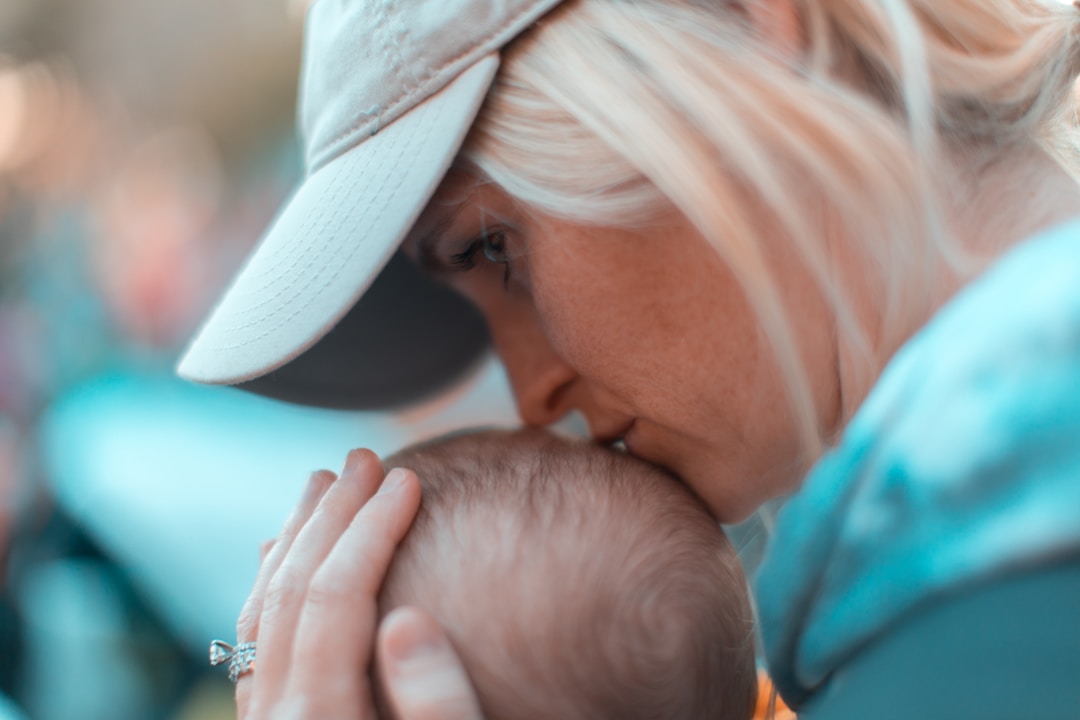Having children is a joy to which many women look forward. However, women are waiting later than ever before in life to have children. There are many benefits to not having children in your 20’s, but the longer you wait, the more your hormone levels decline. As your estrogen production wanes and your ovaries age, the more difficult it may become to conceive.
Fertility is different for all women. Some women remain significantly fertile well into their late 30’s and early 40’s, but at this point in life, you’re cutting it close. Giving birth and raising children is a different experience for women approaching middle age. Continue reading to get some tips for getting pregnant and raising a family as an older mom.
Is your window of opportunity closing?

It’s distressing for women who want to have children when they feel their biological clock ticking. Time winding down does little to quell baby fever. We as people want what we want regardless of what nature and society say, and pregnancy is no exception.
If you’re experiencing hot flashes, night sweats, mood swings, and irregular menstrual cycles, your window of opportunity could be closing. However, even though those are menopause symptoms, it doesn’t mean that you’re going through menopause. You might actually be experiencing perimenopause.
Perimenopause means “around menopause,” and perimenopause doesn’t necessarily mean you’re infertile, but your fertility is beginning to fade. Even though there is no definite time for the onset of menopause or perimenopause, women tend to enter this phase of life in their mid to late 40s.
So, can you get pregnant during perimenopause? The answer to that question is different for every woman and depends on her hormones and health. Many women begin to contract chronic conditions like high blood pressure, heart disease, osteoporosis, and gestational diabetes as they approach midlife.
Even if you’re fertile, those conditions make giving birth significantly more difficult and increase the chances of stillbirth and miscarriage. In addition, the medications for those medical conditions can make giving birth all but impossible. Plus, they increase the chances of life-threatening pregnancy complications.
How can you increase your chances of getting pregnant in your late 40s?

The average age for women having their first child is 28 years old, but women in their early to mid-30s have more babies per capita than any age group. However, that doesn’t mean all is lost if you’re in your late 40s.
Women are born with a certain number of eggs, and once you run out, you’re out. The good news is that modern medicine has come up with a loophole for that problem. If your ovaries are no longer producing eggs and you’re healthy, you might be an ideal candidate for egg donation. Donor eggs have a high chance of success, but it’s important to make sure your body can endure pregnancy in your condition.
How is motherhood different for older women than for younger women?

As you can imagine, even though it’s harder for women to have children once they reach midlife, there are many ways in which they have an advantage when it comes to raising children. One of the main benefits is that most women in their late 40s have raised a child into adulthood, so they’ve seen it all. Even women in their 40s who have never had children have the benefits of life experience and wisdom on their side. Not to mention, women in that stage of life tend to be more financially secure.
If you’re in midlife and planning on raising a child, it’s paramount for you to take care of your health. The obvious reason is that you want to be around to care for your child as long as possible, but you also want to make sure you have the energy to enjoy your child.
Young children have boundless energy, and they’ll want to play peekaboo, build houses with magnetic blocks, and use you as a jungle gym in their early years. As they grow, they’ll want you to be around for the significant moments in their life like graduation and having children of their own. For an older mother, your health is your most valuable resource.
There’s no biological law that says you can’t have a healthy pregnancy as you approach midlife, but you should tread carefully. Make sure you’re healthy enough to bear a child, and even after giving birth, it’s important to eat right and stay active so you can enjoy all that motherhood has to offer.






